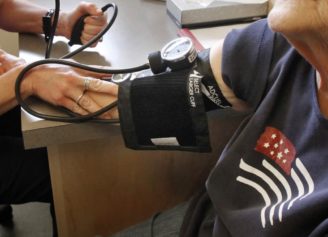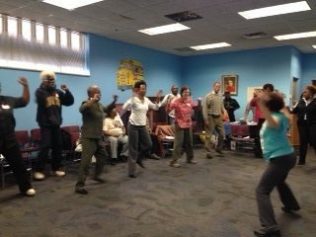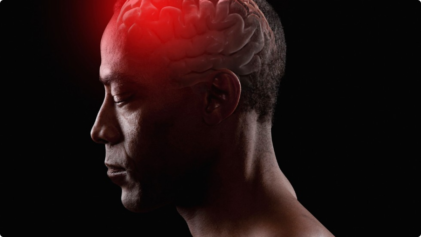It seems the most studied and tested vitamin these days is vitamin D. Never mind that it is considered by many to not be a true vitamin. Some researchers consider it more of a prohormone, which is an interglandular hormone precursor.
Others consider it a prehormone that can be converted into a hormone. A few call it a hormone while most call it a vitamin simply because it’s taken in from outside sources and a deficiency results in disease.
The process of metabolizing the sun’s UVB rays or even supplements into the final product, vitamin D, goes through phases that mimic all those debated labels.
For now, understand that vitamin D from sunshine and/or vitamin D3 supplements is necessary for maintaining sufficient blood levels of D3 to ward off and even reverse most disease.
A study on vitamin D levels and heart health with hypertension was conducted in Turkey by two separate cardiology departments in two cooperating institutions and published by PubMed June 24, 2013. Two sources for the same study have different reports on how the study was performed.
Source [2] shows 33 subjects used in the study while source [3] shows 133. They both agree on other items. The subjects had been recently diagnosed with hypertension or high blood pressure. The mean age of all subjects was around 63 within a 10-year time frame.
They were both divided into two groups to compare those whose serum 25-Hydroxyvitamin D or 25(OH)D level was above normal to those below normal. The standard for normal used, 20 ng/ml (nanograms per milliliter) is an outmoded norm even by current American mainstream medical standard of 30 ng/ml.
After measuring several markers among both high and low serum D level subjects, they determined that vitamin D plays a role in reducing cardiovascular inflammation, arterial, and left ventricular heart stiffness among recently diagnosed hypertensive patients.
Bottom line: If your blood pressure is on the high side, getting plenty of vitamin D through sunshine exposure or supplements can preserve cardiovascular integrity to help avoid a heart attack…
Read more: Natural News


